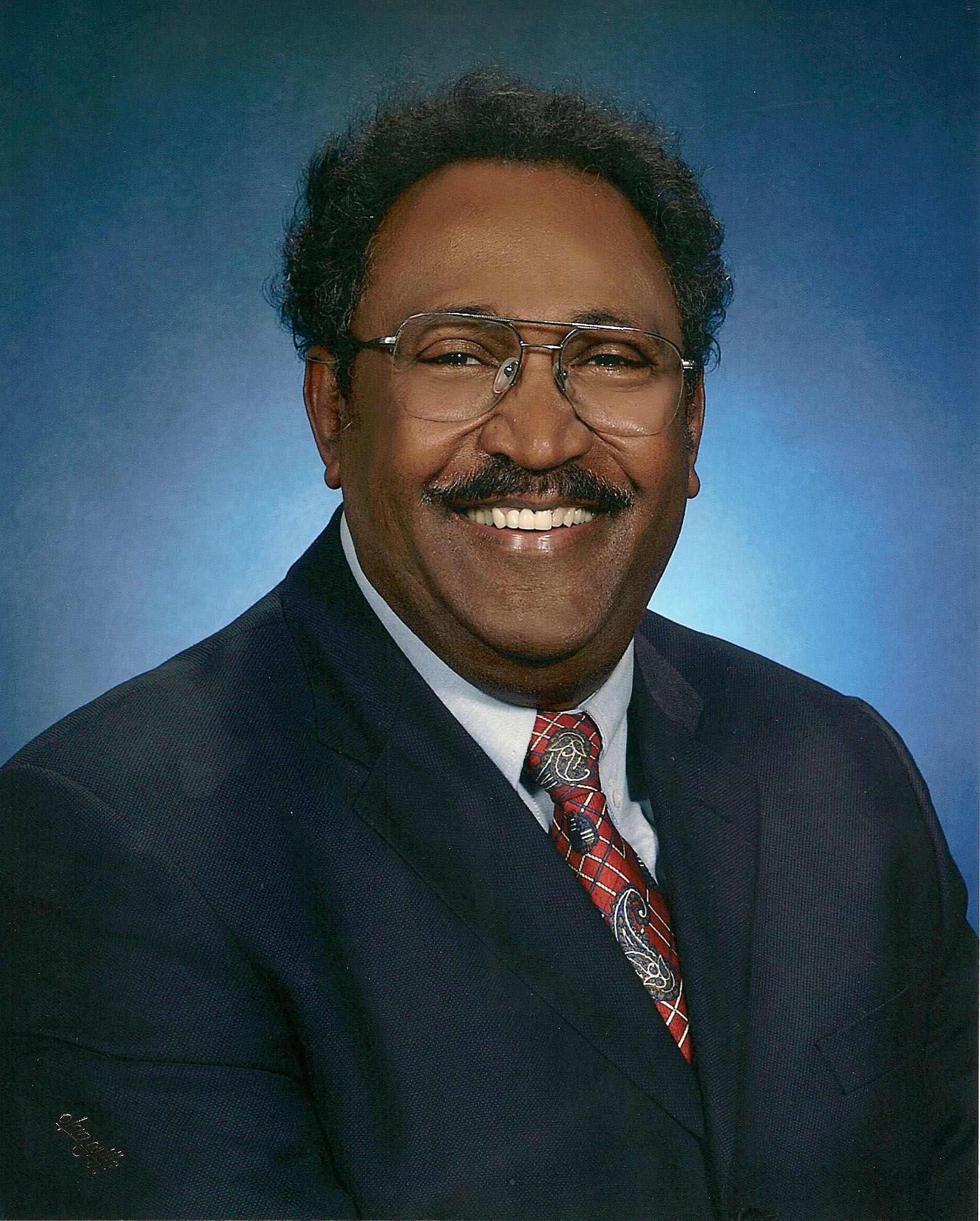For the first time, Chattanooga has included Hispanics in redistricting efforts to create a majority-minority district, triggering opposition from the local NAACP.
District 7 in South Chattanooga "started out as an African-American district, and it should be an African-American district," said Joe Rowe, Chattanooga NAACP vice president. "To me, that's retrogression."
He warned that the council could face a challenge under the Voting Rights Act of 1965 and said he will discuss the next steps with plaintiffs from the lawsuit in the 1980s that overturned Chattanooga's commission form of government.
But City Attorney Mike McMahan said the final proposed redistricting plan, which could be voted on in two weeks, should be considered fair by the courts.
"The plan under consideration could withstand challenges," he said.
District 7, which includes St. Elmo, is represented by Councilman Manny Rico.
Political districts are redrawn every 10 years after the national census to ensure proportional representation. The council began working on the new lines about a month ago.
Since the mayor-council government was established 22 years ago, the city has maintained three majority-black districts and a swing district.
But because of shifts in population, the city for the first time had to consider including Hispanics to keep District 7 as a swing district, where about half the voters are majority and about half are minority.
City records show the new District 7 as drawn would be 47.79 percent black, 40.79 percent white and 9.5 percent Hispanic.
The majority-minority districts would be District 5, at 66 percent black; District 8, at 64 percent black; and District 9, at 65 percent black.
Councilman Peter Murphy, chairman of the Legal and Legislative Committee, led the council's redistricting committee. He said he knows there are people "who would like for things to be different," but he said changes in the community make such wishes impossible.
Murphy said he also will meet with plaintiffs in the 1980s case, Brown v. Board of Commissioners of the city of Chattanooga, to express his views on the redistricting process. But he said he does not see a potential lawsuit changing what could be finalized.
"I certainly don't believe there are any actionable grounds," he said.
Rico said the council did what it had to do to get the majority-minority districts. In this case, it meant adding the Hispanic population into the mix in District 7.
Rico said things have changed since the last redistricting.
"It was just a black and white thing," he said. "Ten years ago, there wasn't a lot of Hispanics."

